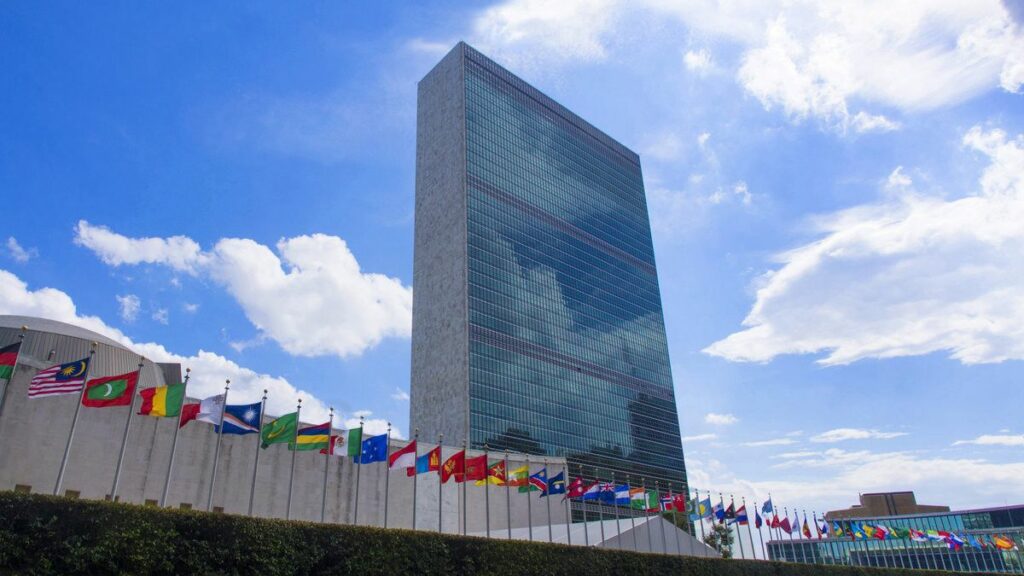The following words are from the 1948 Universal Declaration of Human Rights, but they proclaim a truth as old as time: “The family is the natural and fundamental group unit of society and is entitled to protection by society and the State” (Article 16(3)).
To say that the family is “fundamental” is to acknowledge, as did historian Will Durant, that “the family has been the ultimate foundation of every civilization known to history.”
To refer to the family as “natural” is to say, as did Ambassador Michael J. Novak, that “the roles of a father and a mother, and of children with respect to them, is the absolutely critical center of social force.”
And to declare that the family is “entitled” to societal and State protection is to affirm, as did the Vatican’s Charter of the Rights of the Family, that “the family, a natural society, exists prior to the State or any other community, and possesses inherent rights which are inalienable.”
To what level of protection is the family entitled? Article 10.1 of the International Covenant on Economic, Social and Cultural Rights answers, “The widest possible protection and assistance should be accorded to the family, which is the natural and fundamental group unit of society.”
What priority should Member States give to providing this protection to the family? The U.S. representative told the General Assembly at the 10th anniversary of the International Year of the Family, “The state’s foremost obligation… is to respect, defend, and protect the family as an institution.”
Had the United Nations honored its commitment to protect the family as society’s natural and fundamental group unit, we would joyously celebrate Human Rights Day on December 10, 2022. But something has gone wrong, way wrong.
“The international community’s concept of human rights,” wrote Aaron Rhodes in his 2018 book The Debasement of Human Rights: How Politics Sabotage the Ideal of Freedom, “lacks intellectual and moral integrity” and has become “so distorted that it is now used to justify restrictions on basic individual freedoms and to advocate the global regulation of an immense range of social and economic activity.”
The concept of human rights is now rarely informed by the ideas and principles that originally gave it meaning. It has become so much associated with ideological agendas and frivolous demands that few take it seriously anymore. The idea of human rights has been emptied of the moral force that once inspired people around the world seeking freedom and democracy…. The international community has lost touch with the natural rights foundation for international human rights standards.
Natural law pervades much of the Universal Declaration of Human Rights, but only once in the entire document do we actually find the word “natural”: society’s fundamental unit—and the only group unit expressly acknowledged as having rights—is the natural family.
To ignore that pivotal truth is to court disaster, no matter how ardently any anti-family policy is touted as a “rights” campaign. “Marriage and the family are in crisis,” declared Pope Francis. “This revolution in manners and morals has often flown the flag of freedom but in fact it has brought spiritual and material devastation to countless human beings.”
The ancient sage Confucius, esteemed by Will Durant as history’s greatest thinker, insisted that the world could not be put in order without first putting in order the family. It is time to return to the timeless truth that no society or nation can long withstand the demise of the natural family. Let Human Rights Day 2022 truly be a wake-up call to right the wrongs that threaten the natural family, that “irreplaceable foundation of civilization,” as we have described elsewhere, “and our only hope for prosperity, peace, and progress.”
